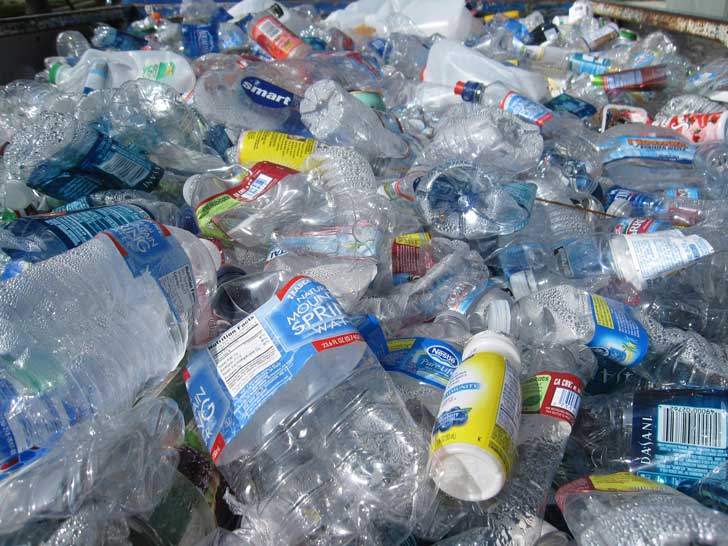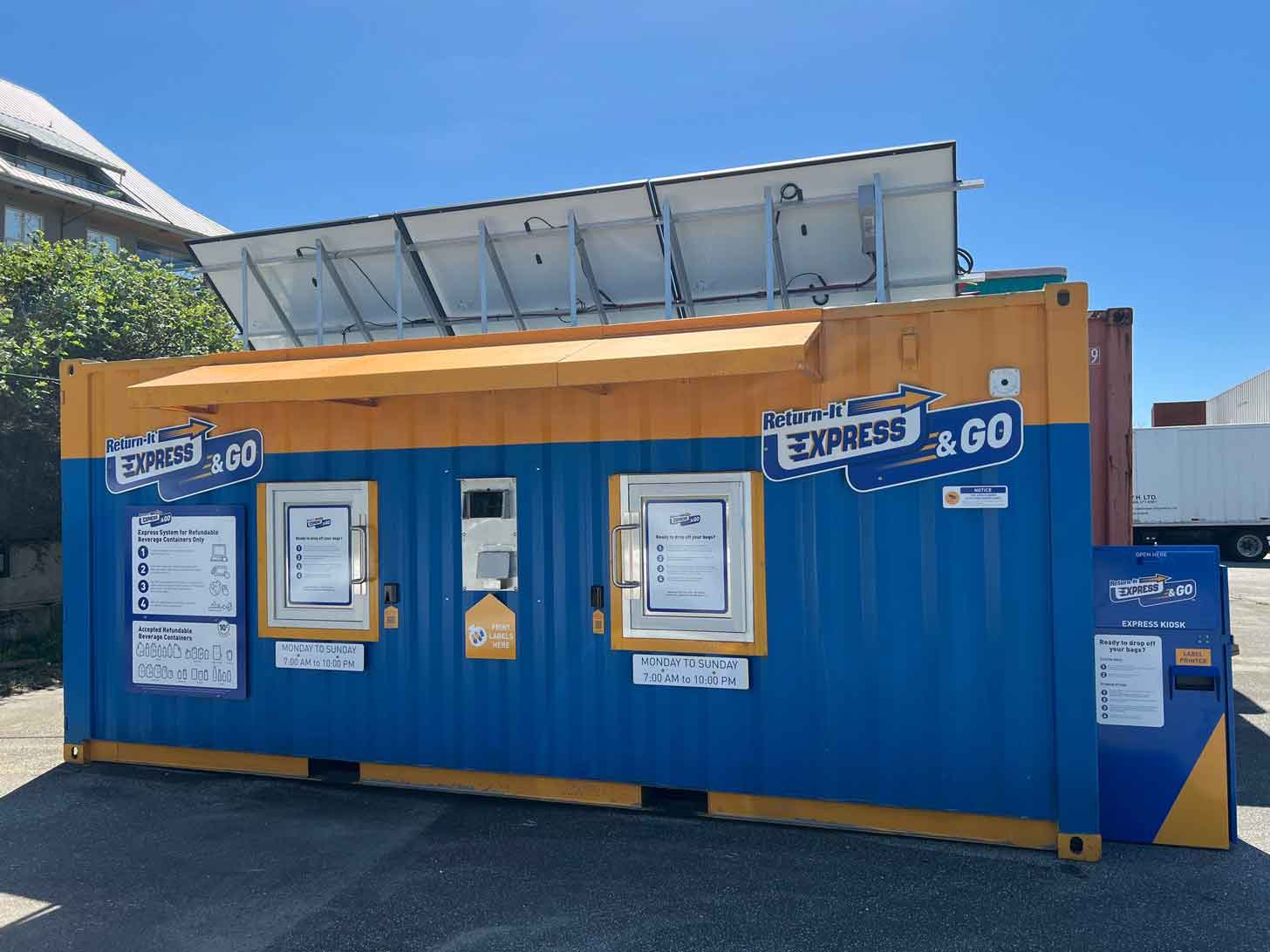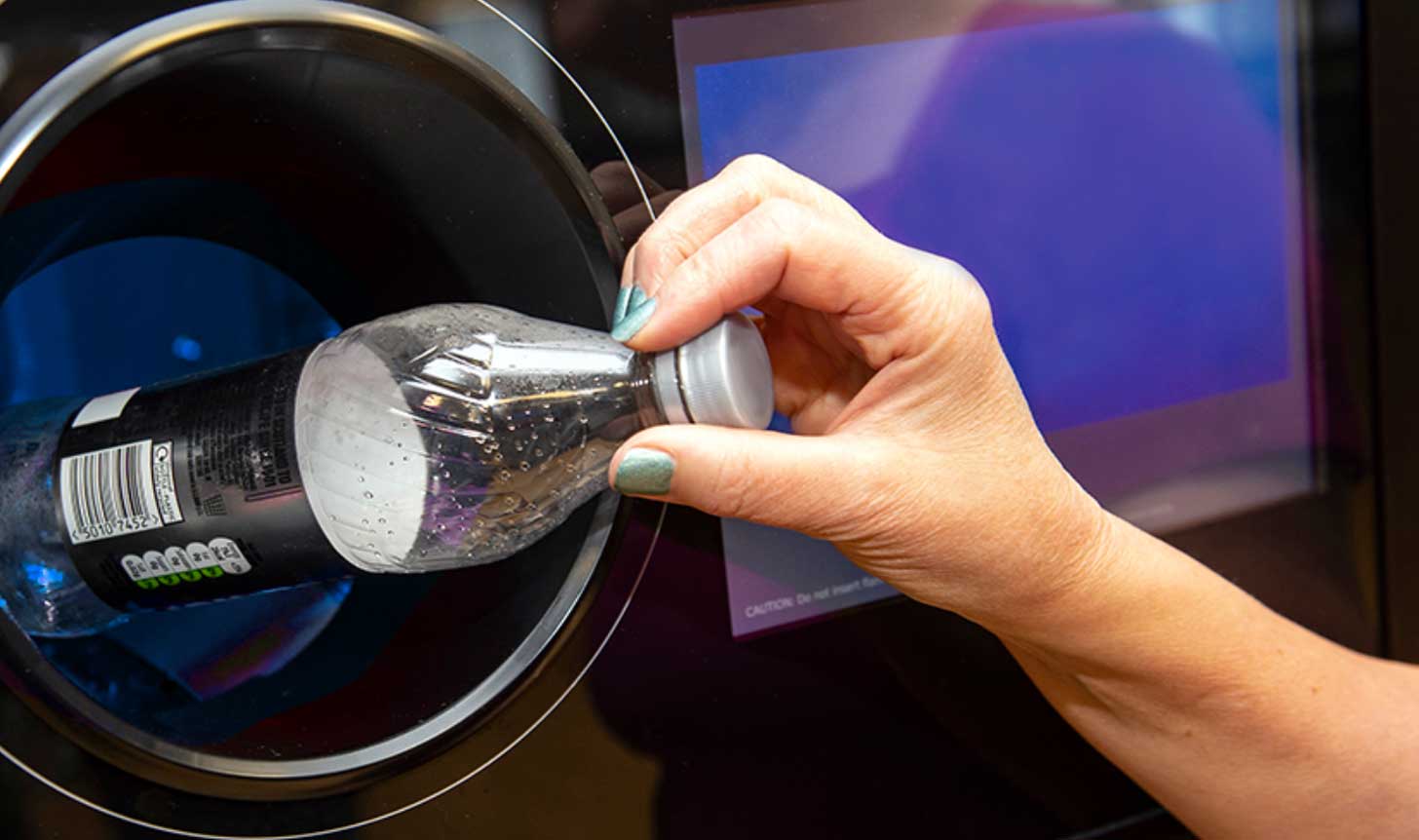In a new study, University of British Columbia researchers set out to answer the following question: Would you rather have 10 cents in your pocket or a 1-in-10,000 shot at $1,000?
Their findings indicate that they may have figured out a way to get people to recycle more.

The researchers, whose work was just published in the journal “Waste Management,” tested the idea of offering people who return used bottles a small chance to win a big cash prize, instead of the standard 5- or 10-cent deposit earnings.
The result? Participants recycled 47% more bottles for the chance at a $1,000 prize.
“This small change in how we reward recycling made a big difference. People were more excited, more engaged, and they brought in more bottles,” Dr. Jiaying Zhao, associate professor in the department of psychology and senior author of the study, said in a statement for the university.
“It turns out that the thrill of possibly winning a big prize is more motivating than a small guaranteed reward. It’s the same reason people buy lottery tickets; That tiny chance of a big win is exciting.”
The researchers ran three experiments in British Columbia and Alberta, where bottle deposit systems already exist. Despite the fact that these deposit stations give people a small refund when they return their recyclables, many bottles still end up in the trash.

In the first two experiments, people could choose between a guaranteed 10-cent refund or a chance to win a larger amount, ranging from $1 to $1,000. Even though the odds of winning were low, many people chose the lottery-style offer.
In the third experiment, participants were randomly assigned to either the guaranteed refund or the lottery-style refund. Those given the lottery-style option brought in almost three bottles for every two returned by the control group.
The researchers found that people even felt happier when they had a shot at the big prize, even if they didn’t actually win — a feeling called “anticipatory happiness” — that made the act of recycling more enjoyable.
All of this is modeled after an existing scheme in Norway.
“Norway is the only country in the world that has a similar recycling lottery, and their bottle return rate is close to 100%,” Dr. Zhao said. “The probabilistic refund could be their secret sauce. We hope Canada can adopt this innovative idea as well.”
In Norway, the bottle recycling lottery was implemented over a decade ago, and now, approximately 97% of all plastic beverage containers are returned across the country.
Here, the model is choice-driven, giving people the option to choose between the guaranteed refund or the chance to win anywhere from 5 to 100,000 euros.

“The system also doesn’t encourage gambling,” Fast Company reported, “because there’s no way to enter with cash, and there are no ‘near misses’ like with other kinds of gambling.”
Norway has also implemented a program where some of the lottery’s proceeds go to the Norwegian Red Cross.
“Instead of 10 cents back to you, what if the proceeds go to a food bank or charity?” Dr. Zhao asked Fast Company. This is also part of her team’s research, with results soon to be published.
It’s important to note that the lottery-style refund wouldn’t cost more than the traditional system, with both options sharing the same average payout. Cities could adopt this approach without spending an extra dime.
Additionally, Dr. Zhao mentioned that it’s important for cities to consider the choice-based model, giving people the option to get the regular 5- or 10-cent returns, alongside the new lottery initiative, to help canners and binners who rely on this kind of income.
“We don’t want to take the short gain option away,” she told Fast Company. “Instead, we want to give people the option to choose.”
Aside from the valuable psychological insights of the study, Dr. Zhao and her colleagues are optimistic about a future in which more people are engaged in recycling.
“Creating new bottles comes with a lot of carbon emissions, and not recycling bottles also comes with a lot of pollution,” Jade Radke, a lead author on the study, said. “So it can be a meaningful way to decrease all of those things.”
According to the UBC press release, if this approach is widely adopted, it could help recycle millions more bottles and reduce greenhouse gas emissions equal to taking one million cars off the road each year.
Header image courtesy of Tomra/Recyling Lottery International



